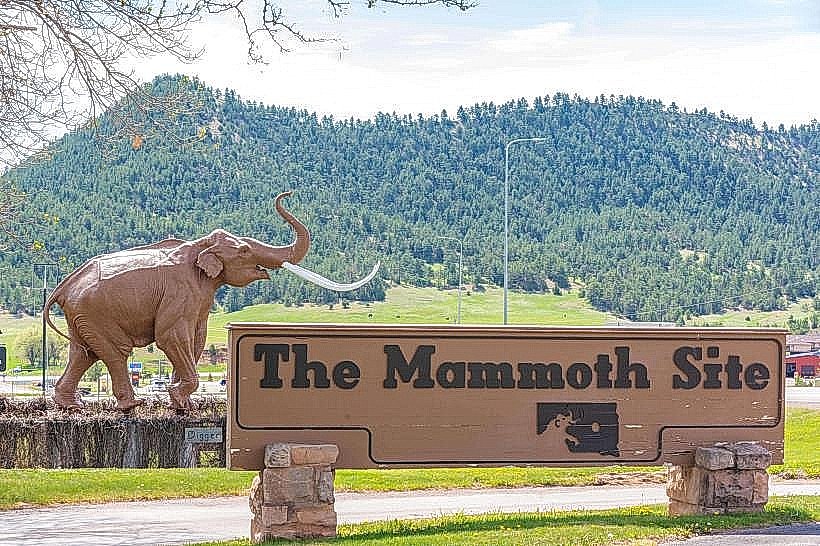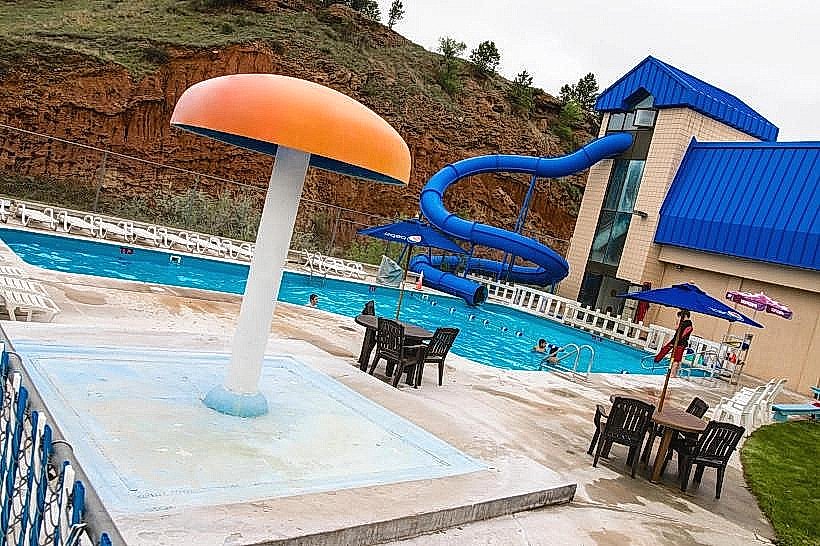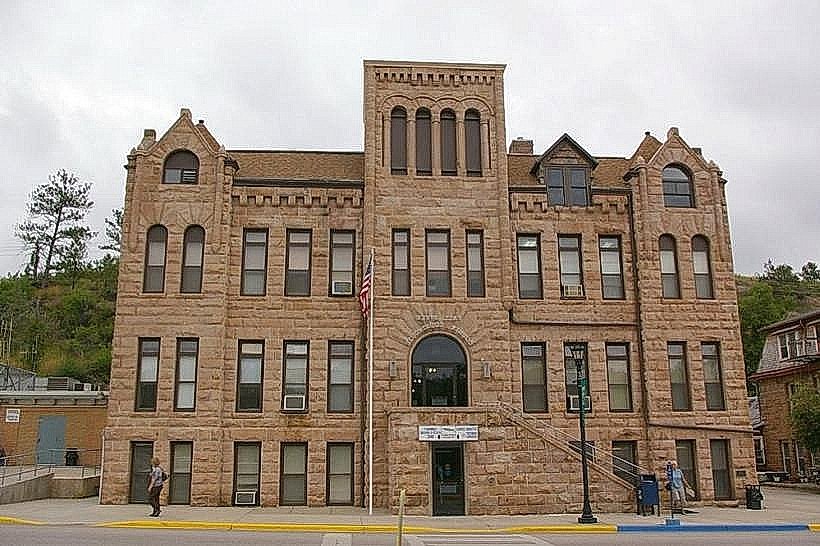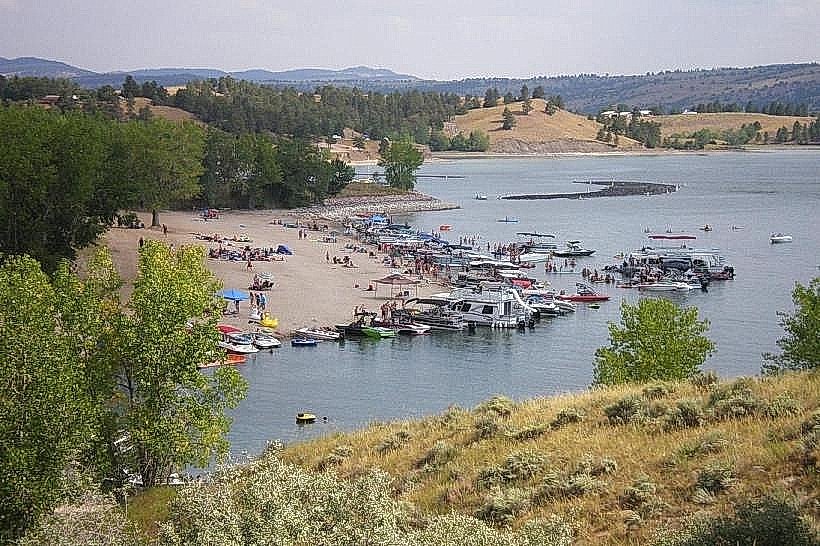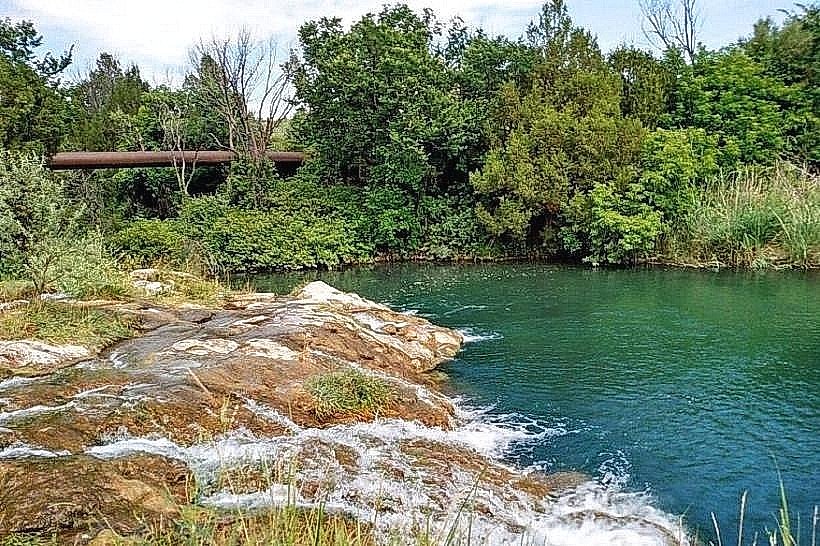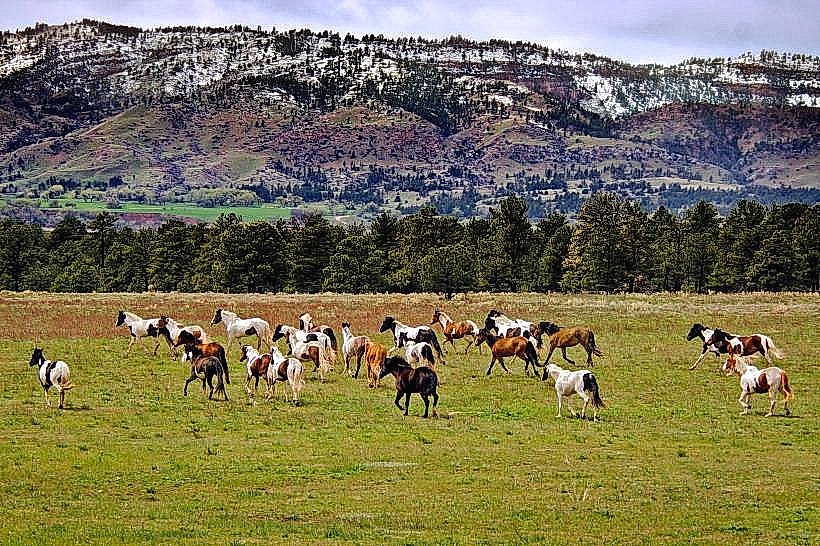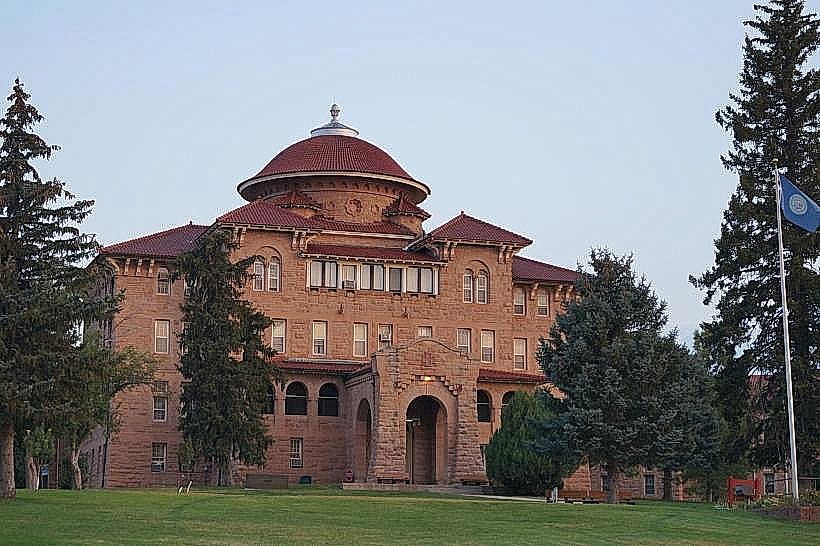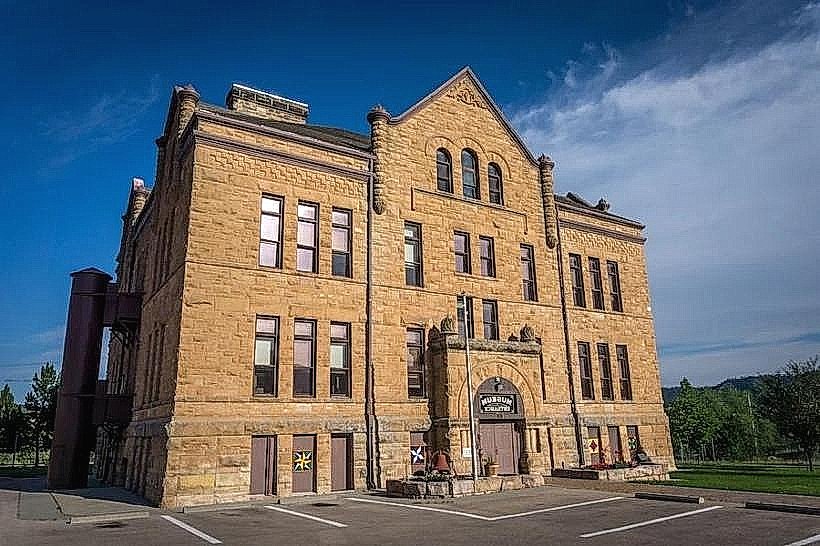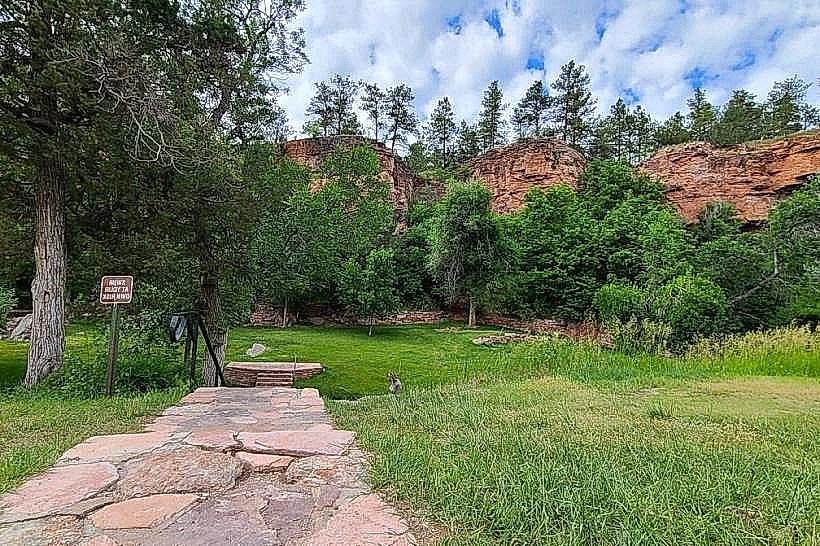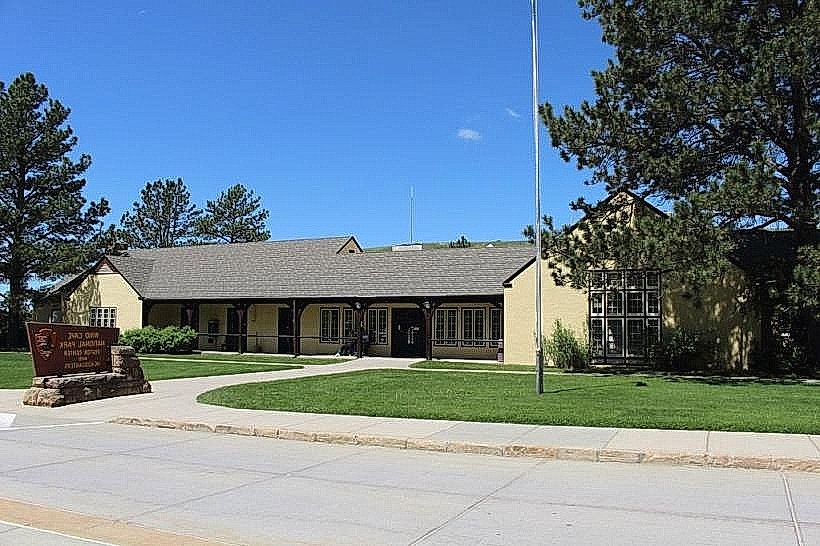Information
Landmark: Wind Cave National ParkCity: Hot Springs SD
Country: USA South Dakota
Continent: North America
Wind Cave National Park, Hot Springs SD, USA South Dakota, North America
Wind Cave National Park, located near Hot Springs in southwestern South Dakota, is one of the most remarkable natural sites in the United States. Established in 1903 by President Theodore Roosevelt, it holds the distinction of being the first cave in the world designated as a national park. The park spans over 33,000 acres of mixed-grass prairie and ponderosa pine forest, resting above a vast and intricate cave system that has captivated explorers and visitors for more than a century.
The Cave System
Wind Cave is one of the longest and most complex caves on Earth, with over 150 miles of mapped passageways. The cave’s name comes from the distinctive way air rushes in and out of its natural entrance-caused by differences in barometric pressure-making it seem as though the earth itself is “breathing.” The Lakota people, who consider the area sacred, describe the cave as the site of their emergence into the world, deeply intertwining it with their creation stories.
Inside the cave, visitors encounter a stunning variety of formations, but its most famous feature is boxwork-thin, honeycomb-like calcite structures that line the walls and ceilings. This fragile formation is rare and exceptionally well-preserved in Wind Cave; in fact, about 95% of the world’s known boxwork formations are found here. Other formations include frostwork (delicate needle-like crystals) and popcorn (small knobby clusters of calcite), giving the cave a sculptural, otherworldly appearance.
The air underground is cool and still, hovering around 53°F (12°C) year-round, with guided tours available for varying levels of difficulty-from short, lighted walks to longer, more strenuous spelunking adventures through narrow passages.
The Surface Landscape
Above ground, Wind Cave National Park transitions from rugged hills to open prairie, blending seamlessly into the surrounding Black Hills region. The landscape feels timeless-rolling meadows scattered with wildflowers in summer, pockets of pine forest, and herds of bison, elk, and pronghorn grazing freely. The park also protects one of the last remaining mixed-grass prairies in the country, a vital habitat for numerous species of birds and small mammals.
Visitors often stop along the Prairie Vista Trail or Rankin Ridge Trail, the latter leading to a fire tower that offers sweeping views over the Black Hills and the plains beyond. The Sanctuary Trail and Cold Brook Canyon Trail provide quieter, less-traveled routes, ideal for those seeking solitude and wildlife encounters. The air here carries a faint scent of pine and sage, and during sunrise, the hills glow in shades of amber and gold.
Wildlife and Ecosystem
The park’s surface ecosystem is as remarkable as its underground world. Bison are the stars of the prairie, descendants of animals reintroduced in the early 20th century after near-extinction. They move slowly across the grasslands, often sharing space with prairie dogs, whose colonies create constant chatter. Visitors also spot mule deer, coyotes, and occasionally mountain lions that roam the higher ridges. Birdwatchers are drawn to the area’s hawks, meadowlarks, and golden eagles, especially in the warmer months.
Cultural and Historical Context
For centuries, Indigenous peoples-especially the Lakota Sioux-have regarded Wind Cave as sacred. According to Lakota oral tradition, the cave is where their ancestors first emerged from the earth to live on its surface. This profound connection adds cultural and spiritual depth to the natural wonder. Later, European settlers discovered the cave in the late 1800s, and by the early 20th century, it became a national park to protect both the underground formations and the surface ecosystem.
Visitor Experience
Today, the park offers a variety of experiences:
Guided Cave Tours: Visitors can choose from the Garden of Eden, Natural Entrance, or Fairgrounds tours, each showcasing unique sections of the cave.
Hiking and Wildlife Viewing: More than 30 miles of trails cross the prairie and forest.
Scenic Drives: The Elk Mountain Campground area provides beautiful views, especially at sunrise and sunset.
Ranger Programs: Interactive talks and night sky programs introduce visitors to the park’s ecology, geology, and cultural history.
Atmosphere and Impressions
There’s a quiet duality to Wind Cave National Park-above, the sound of wind through the grass and the rhythm of bison hooves; below, the stillness of ancient stone formations that have been forming for millions of years. The contrast between the dark, silent beauty underground and the vibrant, sunlit prairie above makes the park feel like two worlds bound together by a single heartbeat of nature.
Visiting Wind Cave often leaves travelers with a sense of wonder-not just for what they’ve seen, but for what still lies hidden beneath the surface, waiting patiently to be discovered.

